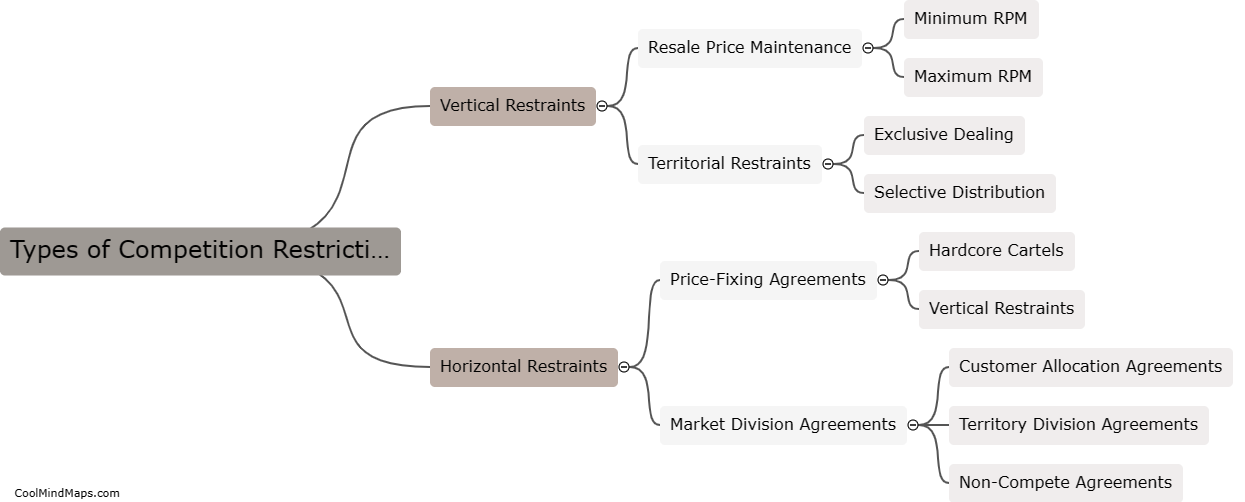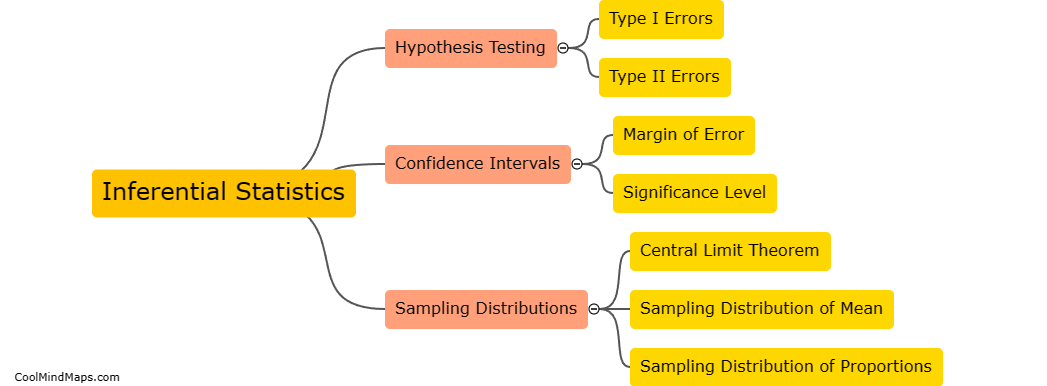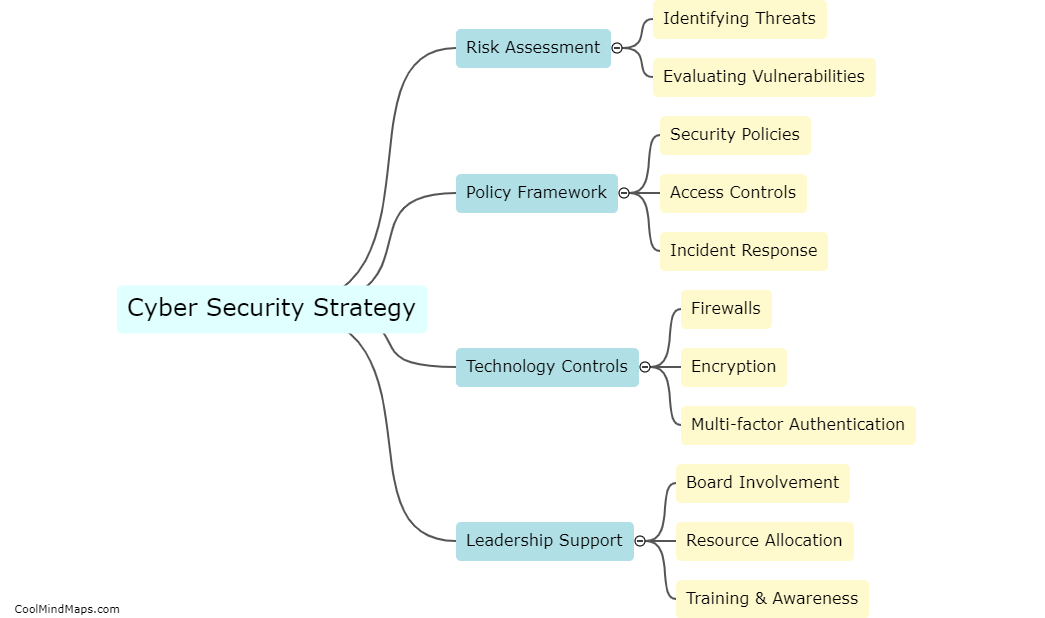What are the types of competition restrictions?
Competition restrictions, also known as anti-competitive practices, refer to the actions of businesses or individuals that restrict or limit competition in the market. There are several types of competition restrictions, including price fixing, market sharing, bid rigging, and exclusive dealing. Price fixing occurs when competitors agree to set prices at a certain level, removing the element of competition. Market sharing involves agreements between competitors to divide markets and customers among themselves, leading to reduced options for consumers. Bid rigging refers to collusive practices where competitors agree on the terms or outcomes of a bidding process, limiting fair competition. Lastly, exclusive dealing occurs when a producer or supplier establishes contracts or agreements that prevent buyers or distributors from dealing with competitors. All of these types of competition restrictions can harm market competition, impede innovation, and lead to higher prices for consumers.

This mind map was published on 22 September 2023 and has been viewed 87 times.











